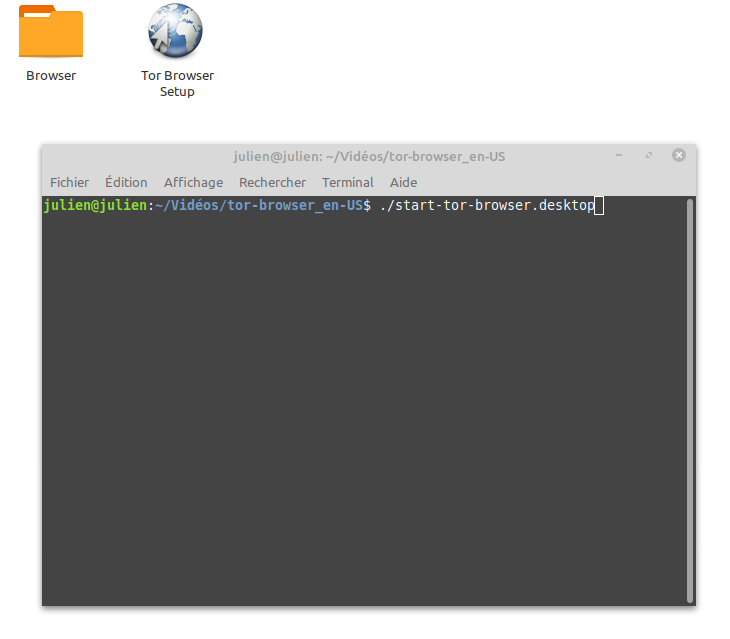
This is a program you can use to watch video streams from streaming services such as Mobdro, Pluto TV, and Locast. Lefebvre has always started work on an IPTV player. Still, for those who love it, up-to-date builds of Chromium are now available for Mint users. We allocated a new build server with high specifications (Ryzen 9 3900, 128GB RAM, NMVe) and reduced the time it took to build Chromium to a little more than an hour." That's a lot of power! This is an application which can require more than 6 hours per build on a fast computer. He explained, "To guarantee reactivity and timely updates we had to automate the process of detecting, packaging and compiling new versions of Chromium.
#Tv browser linux mint code#
Building Chromium from source code is one really slow process.

Part of the reason was, well, Canonical was right. If you've been waiting for this I'd like to thank you for your patience." Lefebvre wrote, "The Chromium browser is now available in the official repositories for both Linux Mint and LMDE. So, on June 1, 2020, Mint cut Snap, and the Snap-based Chromium out of their Linux distro. This is in effect similar to a commercial proprietary solution, but with two major differences: It runs as root, and it installs itself without asking you. You've as much empowerment with this as if you were using proprietary software, i.e. You can't audit them, hold them, modify them, or even point Snap to a different store. Applications in this store cannot be patched or pinned. In the Ubuntu 20.04 package base, the Chromium package is indeed empty and acting, without your consent, as a backdoor by connecting your computer to the Ubuntu Store. That's all well and good, but Lefebvre disliked enormously that: This covers all supported Ubuntu releases including 14.04 with Extended Security Maintenance (ESM), as well as other distributions like Debian, Fedora, Mint, and Manjaro.' In contrast, a Snap needs to be built only once per architecture and will run on all systems that support Snapd. Every new stable version has to be built for each supported Ubuntu release − 16.04, 18.04, 19.04, and the upcoming 19.10 − and for all supported architectures (amd64, i386, arm, arm64).Īdditionally, ensuring Chromium even builds (let alone runs) on older releases such as 16.04 can be challenging, as the upstream project often uses new compiler features that are not available on older releases. Google releases a new major version of Chromium every six weeks, with typically several minor versions to address security vulnerabilities in between. Comparing this workload to other Linux distributions which have a single supported rolling release misses the nuance of supporting multiple Long Term Support (LTS) and non-LTS releases. As the teams support numerous stable releases of Ubuntu, the amount of work is compounded. Maintaining a single release of Chromium is a significant time investment for the Ubuntu Desktop Team working with the Ubuntu Security team to deliver updates to each stable release.

That's because Alan Pope, Canonical's community manager for Ubuntu engineering service, explained, When you run a Snap, you're running it inside a secured container of its own.įor Chromium, in particular, Canonical felt using Snaps was the best way to handle this program. It's then installed and mounted on a SquashFS virtual file system.

Snap avoids this problem by incorporating the application and its libraries into a single package. That's a lot of work and painful programming, which led to the process being given the name: Dependency hell. They must ensure that each program has access to specific libraries' versions. They require programmers to hand-craft Linux programs to work with each specific distro and its various releases. While tried and true, these traditional packages are troublesome for developers.


 0 kommentar(er)
0 kommentar(er)
